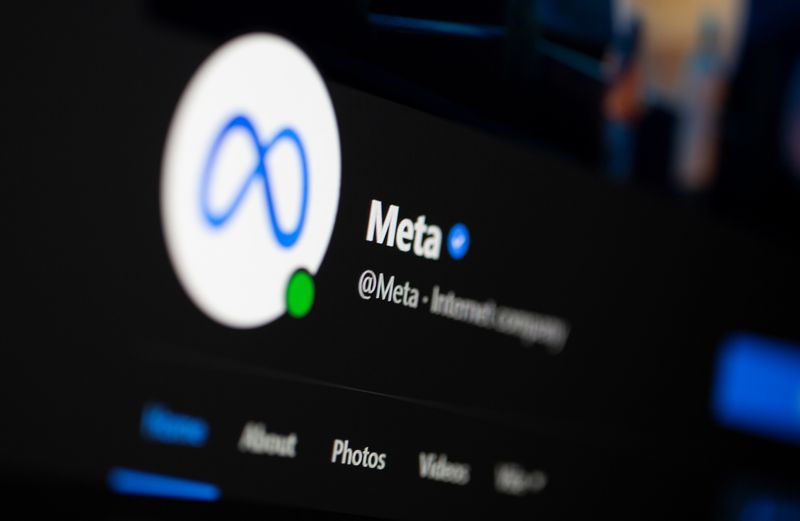Many people will say “Facebook (NASDAQ:FB)” when looking at what many believe was the birth of social media platforms. The roots of digital communication and online social media platforms began much earlier. The internet’s growth across the 1980s and 1990s allowed for online communication featuring real-time online chatting and bulletin board messaging through services like CompuServe and Prodigy. Whilst these were basic in their offering, they did form the foundation upon which we built what we know as social media platforms.
The basic Friendster service launched in 2001, accruing millions of users and featuring email registration and basic online networking. Web blogs, another form of early social media communication, also gained popularity through the 1999 launch of LiveJournal.
Many will remember the rise and fall of MySpace (launched in 2003), which made headlines as the globe’s most visited website in 2006. While MySpace and many other social media platforms have fallen by the wayside, others like Facebook, Twitter (NYSE:TWTR), and Instagram dominate the Internet landscape. 2021 analysis from Kepios reveals there were 4.55 billion worldwide social media users in October 2021, with 409 million new users joining social media platforms from October 2020-2021.
How The Metaverse Is Just The First Step For The Future Of Social Media
The most common question in the current digital age is, “what is next?”. Users began to ask what was next for the industry, and this saw Facebook’s Mark Zuckerberg introduce Meta at October’s Connect 2021 and officially change the company name. According to Facebook, “Meta’s focus will be to bring the metaverse to life and help people connect, find communities and grow businesses. The metaverse will feel like a hybrid of today’s online social experiences, sometimes expanded into three dimensions or projected into the physical world.”
While many might be sceptical about concepts like the metaverse and decentralised platforms, it is clear the future of social media will not look like the traditional options many have become used to. Decentralised platforms relying on blockchain and open-source software will dominate the future of social media as they foster democratic governance, ownership, data security, and transparency in ways traditional social media can not.
One example is the blockchain-based, decentralised social media platform The LoveChain. Founded in Sydney, Australia, The LoveChain ranks as the first platform globally to allow users to create NFTs from content and keep, share, or sell them. Themed around relationships and love, The LoveChain gives users an immutable platform to celebrate and share their love of family, friends, hobbies, and pets, all while maintaining complete control over content and data. All The LoveChain content can be created and shared without any centralised oversight and permanently saved to the blockchain for preservation.
The LoveChain Emphasises The Benefits Of Decentralized Social Media Platforms
Blockchain-based social media platforms like The LoveChain offer many advantages, including how all users essentially receive a piece of digital ‘real estate’ free from outside influence. The unique user-platform relationship with The LoveChain is also enhanced as every user profile gets a unique, cryptographically generated code, thus enhancing the security for all.
Many traditional social media users have expressed their concerns around censorship, manipulation, and centralised control with conventional social media platforms. Decentralisation eliminates the risks associated with unethical data usage, promotes freedom of speech, and fosters the continued use of cryptocurrency with media like The LoveChain (featuring the native $LOV token and $LOVR reward token). As a result, decentralised, blockchain-based options continue to gain popularity and influence as social media users look to reclaim control over their online lives and engage even more within digital ecosystems, meaning these types of platforms will play a central role in the future of social media.
For more information on how The LoveChain is solving problems with social media by using blockchain technology, follow them at linktr.ee/lovechain.
